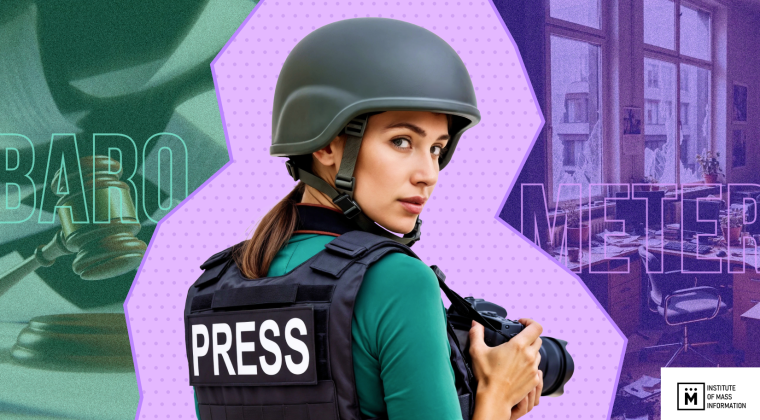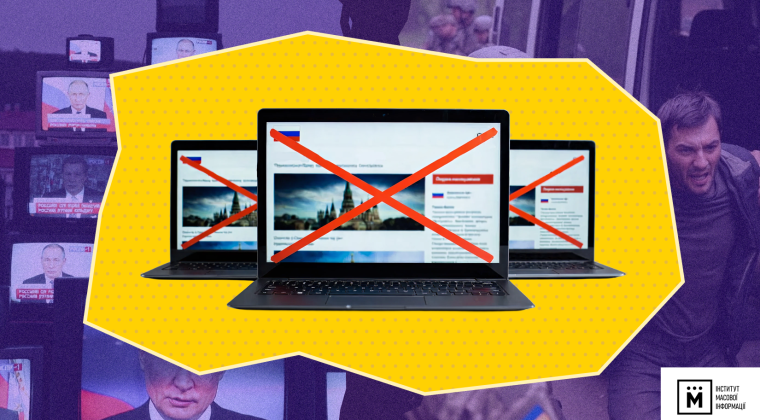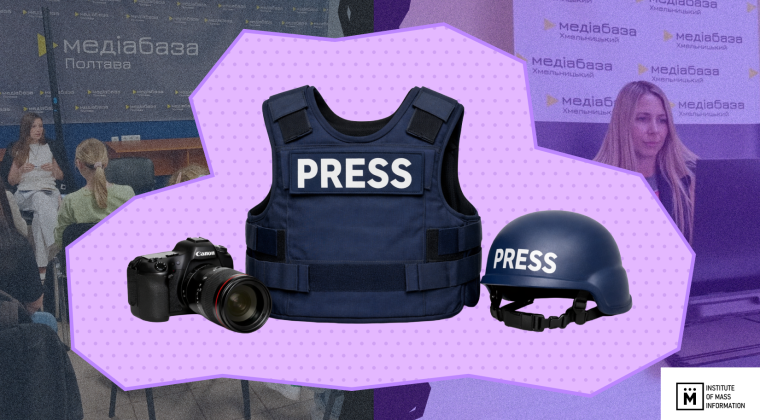Was it fair to try to suspend the Geek Journal on YouTube channel following complaints from the ”1+1” TV channel, and what does the Ukrainian legislation say about all this? The IMI lawyers found it out.
The copyright legislation of Ukraine, which was created based on the international law, cites a number of cases when this is no need to have permission of the author and without his consent while using some objects of copyright, objects of related rights, but under condition of mandatory reference to the author and source of borrowing. In particular, the Article 21 of the Law of Ukraine “On Copyright and Related Rights” stipulated:
” Article 21. Free use of the work citing the name of the author
The following shall be permitted without the consent of the author (or other copyright holder), and with mandatory indication of the author’s name and of the source of borrowing:
1) ) to use quotations (brief excerpts) form published works to the extent justified by the intended purpose, including quotations from newspaper and magazine articles in the form of press reviews, if this is required by the critical, polemic, scientific or informational nature of the work incorporating the quotations; to freely use quotations in the form of brief excerpts from performances and works incorporated in a phonogram (videogram) or a broadcasting program;
2) to use literary works and works of art to the extent justified by the intended purpose, such as illustrations in publications, broadcasts, sound recordings or video recordings of educational nature;
3) to reproduce in the press, to carry out public performance or public notification of previously published newspaper or magazine articles on current economic, political, religious and social issues, or previously broadcast works of the same nature, when the right to carry out such a reproduction, public notification or other public communication has not been specially prohibited by the author;
4) to reproduce, in order to highlight current events by means of photography or cinematography, to carry out public notification or other public communication of the works seen or heard in the course of such events to the extent justified by the informational purpose;
5) to reproduce in catalogues works displayed at exhibitions, auctions, fairs and collections that are open for public access for covering the above-mentioned events without using these catalogues for commercial purposes;
6) to issue works for the blind, published in Braille characters;
7) to reproduce works for court and administrative proceedings, to the extent justified by this purpose;
8) to carry out public performance of musical works during official and religious ceremonies, as well as funerals, to the extent justified by the nature of such ceremonies;
9) to reproduce for informational purposes in newspapers and other periodicals, to transmit by air or to carry out other public notification of publicly delivered speeches, addresses, reports and other similar works, to the extent justified by the intended purpose;
9-1) the use of legitimatedly published literary, artistic, musical and other works to create on their basis another work in the genre of literary, musical or other parody, potpourri or caricature;
10) ) to reproduce a work for the purposes and under the conditions stipulated in Articles 22 through 25 of this Law.
11) adaptation of existing and created audiovisual works for the blind, visually impaired and people with dyslexia through the use of audio description (audio descriptive commentary).
This list of freely usable works is exhaustive.“
Having analyzed the Geek Journal, it can be concluded that his use of the content produced by the “1 + 1 Media” media group was done in compliance with the paragraphs 1, 9-1 of the first part of Article 21 of the said law, and thus, this was a legitimate use.
At the same time, it is important to remember and understand that the complaint filed by the “1 + 1” media group was a legitimate measure. It is impossible to prohibit to any person to file a complaint, even if the complaint is unfounded, because the ban to complain or require to provide 100% proof of the circumstances set out in the complaint creates a risk of inability to defend one’s violated rights. Because this is not always possible to gather proofs of violation without involving of government legal instruments, for example, without proper examination, certain investigative actions, etc. That is, in itself, the fact of filing a complaint by the group “1 + 1 Media” is a normal and lawful step, which they took, wanting to protect their real or pretended right.
In compliance with Article 51 of the Law of Ukraine “On Copyright and Related Rights”, protection of personal non-property and property rights of copyright and (or) related rights shall be effected in compliance with the procedure prescribed by the administrative, civil and criminal law. In particular, a person has the right to seize the court in order to protect his violated right or in case of infringement of copyright and (or) related rights using the Internet to use the extra-judicial mechanism provided by Article 52-1 of the Law of Ukraine “On Copyright and Related Rights”.
In our opinion, the main problem is the fact they considered the complaint filed by the “1 + 1 Media” group by the YouTube administration under an incomprehensible algorithm and sustained this complaint by blocking of the channel by the YouTube administration on one’s own, without involving any other participants, without proper notification of the owner of the blocked resource, without the possibility to provide an explanation on his part, in particular in this case, without explanation of the legality of the use of content of the “1 + 1 Media” group.
The use of non-governmental content blocking mechanisms on the Internet poses a threat to freedom of expression. In the case of nation-states, their interference with freedom of speech and the exchange of information is quite clearly regulated by international law and national law. Actions of public authorities that have unlawfully interfered with freedom of expression may be suspended in accordance with state legal mechanisms, or such a state may be sued before the European Court of Human Rights for failure to comply with Article 10 of the Convention for the Protection of Human Rights and Fundamental Freedoms. Therefore, if the blocking of information on the Internet is at the will of the private owner of the platform without a clear and transparent mechanism and procedure, it is currently not possible to avoid some errors or abuse of such blocking. The only legal way to respond to illegal actions of a platform that has blocked certain content is to sue the legal entity that manages this segment of the network. But a lawsuit against large social media owners, including YouTube, is a very difficult and expensive way to defend infringed rights that the average citizen cannot afford.



